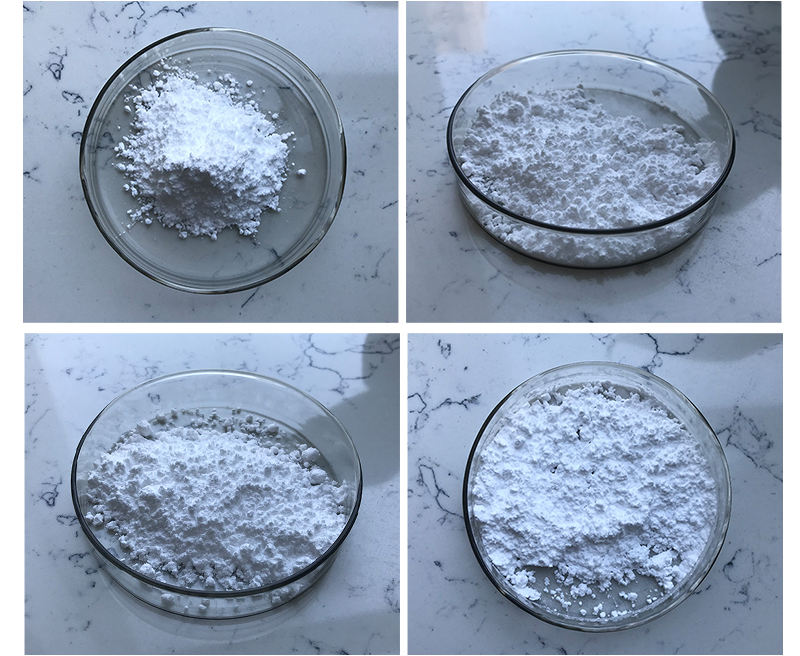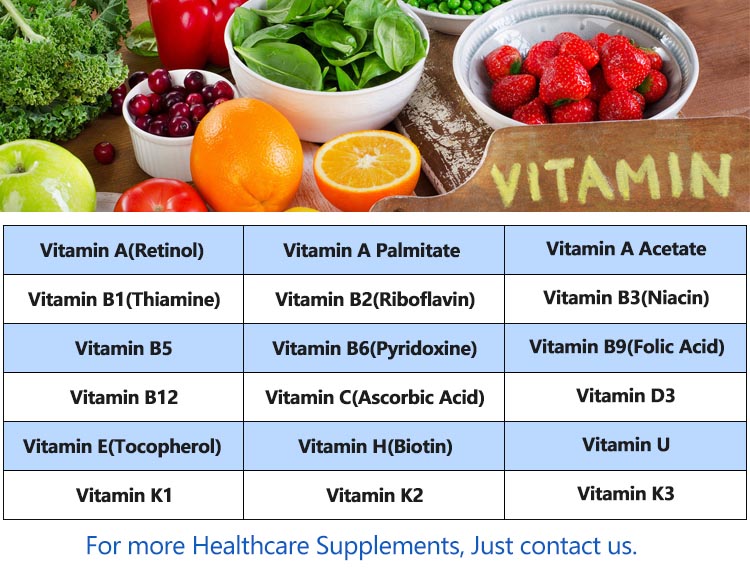Biotin (also known as vitamin B7 or vitamin H) is a water-soluble B-vitamin that plays a crucial role in the metabolism of carbohydrates, fats, and proteins. It is involved in enzymatic reactions that help convert food into energy and is essential for the health of hair, skin, and nails. Here’s a breakdown of its performance and use:
Performance and Functions of Biotin:
1.Metabolism Support:
- Biotin acts as a coenzyme in the metabolism of fatty acids, amino acids, and glucose. Specifically, it helps in the conversion of pyruvate to oxaloacetate, which is a key step in the production of energy.
2.Hair, Skin, and Nail Health:
- Biotin is often touted for promoting healthy hair, skin, and nails. It’s commonly used as a supplement for those experiencing hair thinning or brittle nails. While biotin deficiency can lead to hair loss and brittle nails, its effectiveness in boosting hair growth in people without a deficiency is still debated.
3.Pregnancy and Development:
- Biotin plays a role in fetal development, particularly in the formation of the nervous system and cellular growth. Pregnant women have higher biotin requirements, as the vitamin is involved in cell signaling and metabolic processes critical during pregnancy.
4.Blood Sugar Regulation:
- Some studies suggest that biotin may have a role in supporting healthy blood sugar levels, particularly in people with diabetes. It is thought to improve insulin sensitivity and glucose metabolism, although more research is needed to confirm its effects.

5.Neurological Health:
- Biotin is important for the function of the nervous system. It helps maintain myelin, the protective coating around nerve fibers, and supports the production of neurotransmitters. It may also be helpful in preventing neuropathy associated with certain metabolic disorders.
Uses of Biotin:
1.Hair Growth and Thickness:
- Biotin is commonly found in hair care supplements marketed to people experiencing hair thinning or loss. While evidence suggests it may benefit individuals with biotin deficiencies, research on its ability to promote hair growth in healthy individuals is inconclusive.
2.Skin Health:
- Biotin may improve skin health, especially in people with dry, irritated skin or conditions like eczema. It helps maintain the skin’s barrier and moisture content. In rare cases, biotin deficiency can cause skin rashes, which is why supplementation is sometimes recommended for people with certain skin conditions.
3.Nail Strengthening:
- Biotin has been shown to improve nail strength, reducing brittleness and breakage. Supplementation has been recommended for those with weak or brittle nails, though again, results may be more noticeable in those who are biotin-deficient.
4.Metabolic Support:
- Biotin supplementation is sometimes used by those with metabolic conditions or those who need to support their body’s energy production processes, such as athletes or those with high physical activity levels.
5.Treatment of Biotin Deficiency:
- Biotin deficiency is rare but can occur in certain conditions, such as malabsorption syndromes, prolonged use of certain medications, or in individuals with a genetic disorder affecting biotin metabolism. In such cases, biotin supplements are used to restore normal levels.

Deficiency Symptoms:
Biotin deficiency can cause:
- Hair loss (alopecia)
- Skin rashes (often around the eyes, nose, or mouth)
- Brittle nails
- Muscle pain or cramping
- Fatigue
- Depression
- Cognitive disturbances
- Neuropathy (numbness or tingling in the hands and feet)
Biotin Supplementation:
- Dosage: The recommended daily intake of biotin varies depending on age and sex but typically ranges from 30 mcg (micrograms) for adults. However, biotin supplements often contain much higher doses, sometimes ranging from 1,000 to 10,000 mcg, especially in products targeting hair and skin health.
- Sources: Biotin is found in foods like eggs, nuts, seeds, legumes, fish, meat, and certain vegetables (e.g., sweet potatoes). It’s also available as a supplement in various forms, including tablets, capsules, and topical products for hair care.

Side Effects and Safety:
Biotin is generally considered safe and has low toxicity, even at high doses. However, excessive biotin supplementation can interfere with certain lab tests, such as thyroid function tests, leading to false readings. It’s important to consult with a healthcare provider if you’re considering high-dose biotin supplementation.
In summary, biotin is an important nutrient for overall health, particularly for metabolism, and hair, skin, and nail health. Its performance is well-established for addressing deficiencies, but its effectiveness in promoting hair growth or enhancing skin health in individuals without deficiency is still under study.
